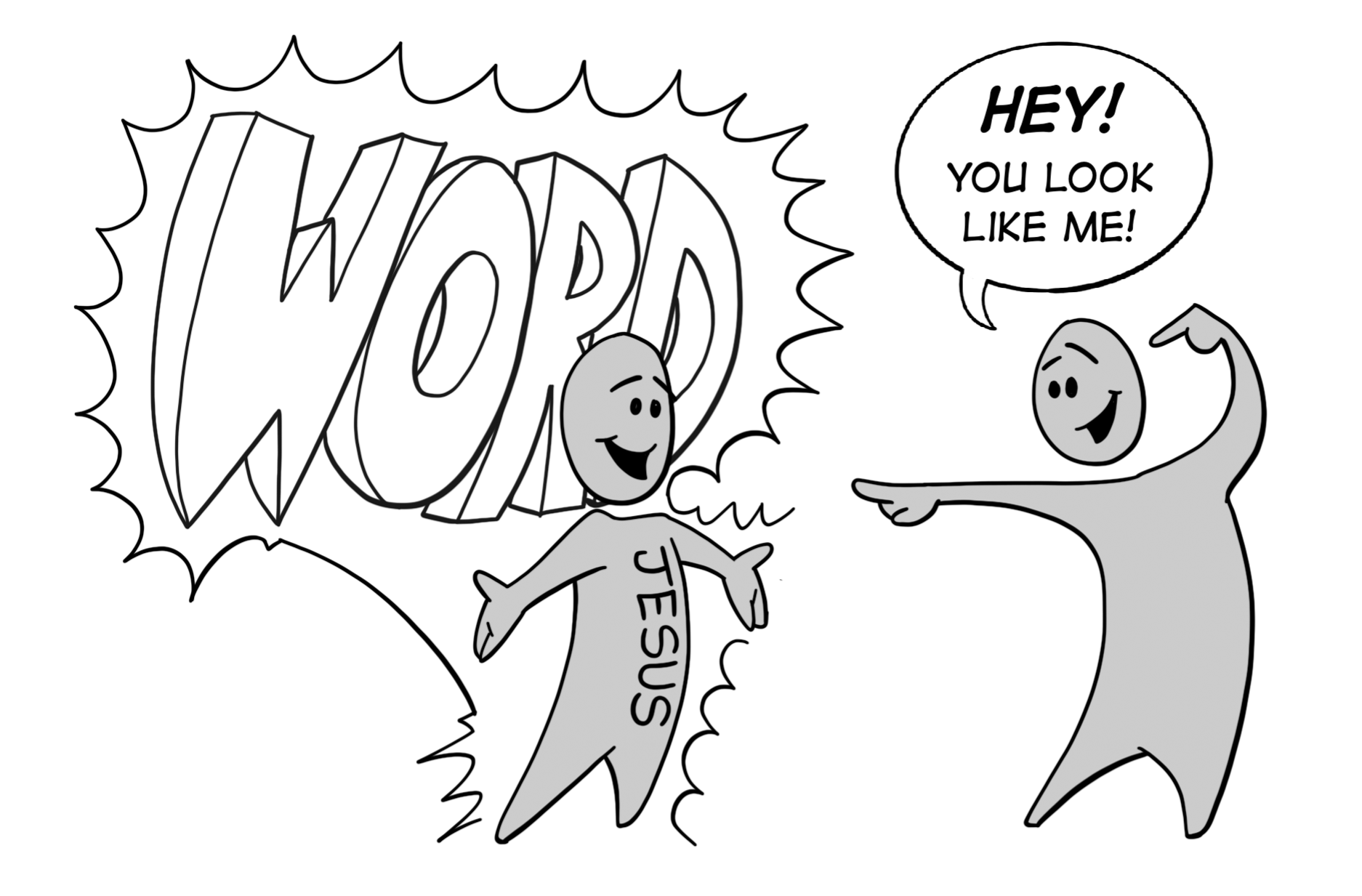
The Embodied Word (A guest post by Steve Thomason with an excerpt from The Visual Preacher)
“People learn in many different ways. Pure words are very difficult for many people. Pictures and visual cues help connect the dots for a vast majority of the people in our pews. Read on for practical ways to combine visual communication with the Word of Scripture and the words of your sermon, so that, when you are done preaching, your listeners will say, ‘We have seen Jesus.’”

Preach Specifically: Dignity Is in the Details
Language changes and, as a result, so does our culture. If we want to be part of changing the narrative, we can improve the specificity of our language. We can tell better stories with more informed word choice.

Getting Away from the Page: How to Preach from the Heart
For those who want to get away from the page but don’t know how to get started, and for those who fear “all the things” that can happen when not using a manuscript, Dr. Giver-Johnston’s book offers practical tools to move in that direction, step by small step.

Preaching + Advertising? (A Guest Post)
“Both preaching and advertising struggle to get a message across in a world cluttered with noise that makes it hard for anyone with ears to hear. Because of this common struggle, the two communicative disciplines share a lot of the same concerns and methods. This means that a lot of what I learned was less of a radical re-thinking of preaching and more a confirmation of some standard elements of homiletical methodology to which advertising methodology offered some new nuance.”

A Stewardship Sermon Series on Psalm 50:14 (Part 2 of 2)
This is the second of a two-part blog series , “A Four-Week Stewardship Sermon Series on Ps. 50:14..” The sermon series is titled “To Know God Is to Thank God.”
Psalm 50:14: “Offer to God a sacrifice of thanksgiving, and make good your vows to the Most High.”
Week One: Offer to God
Week Two: A Sacrifice of Thanksgiving
Week Three: Make Good Your Vows
Week Four: To the Most High

A Four-Week Stewardship Sermon Series on Ps. 50:14
This four-week sermon series on stewardship brings an oft-referenced verse to life by closely examining its meaning. Read on for ideas to preach this stewardship season.

The #1 Thing You Gotta Know About Good Sermons (you can't get there if you don't know where you're headed)
"That was a good sermon."
"Wow! That sermon hit home!"
"I'm going to think about this one."
"That was your best sermon ever."
You've probably heard all of these comments.
But can you articulate what made the sermon good?

On Preaching and Patriotism: A Work in Progress
July 4th is the USA’s Independence Day, and this year it lands on a Sunday. You might not be a U.S. resident, but you probably face the same questions in whichever country you call home. People around the world blur the lines between national observances and Christian holidays, making preaching on or around those days tricky. Below is an approach to preaching and patriotism to help you preach the gospel so people can hear it.

The Books I’m Taking on Vacation: Summer Reading Suggestions for Preachers
As I prepare to go on vacation in July, not only am I making my reservations and making lists of the various types of clothes I’ll need, I’m also collecting books! I collect and read a wide variety of topics because all of it informs my preaching. Some books help me grow as a person. Some help me revel and delight in God’s creation and humans’ imaginations. Some help me better organize my life. And all good writing, regardless of genre, helps me grow in my craft. Here’s what’s on my summer reading list.

You Should Experience This Preaching Blog
Adults (and kids—have you noticed?) don’t like to be told what to do. When we’re told we should do something, it make us feel defensive and shamed, like we don’t know what we’re doing, like we’re expected to do better or be better than we are. Moreover, shoulds can feel like yet more things to add to an already overburdened day. making us feel defeated and exhausted before we even try—even if we know engaging those activities is likely to do the opposite! How do we avoid this dynamic in our sermons?
